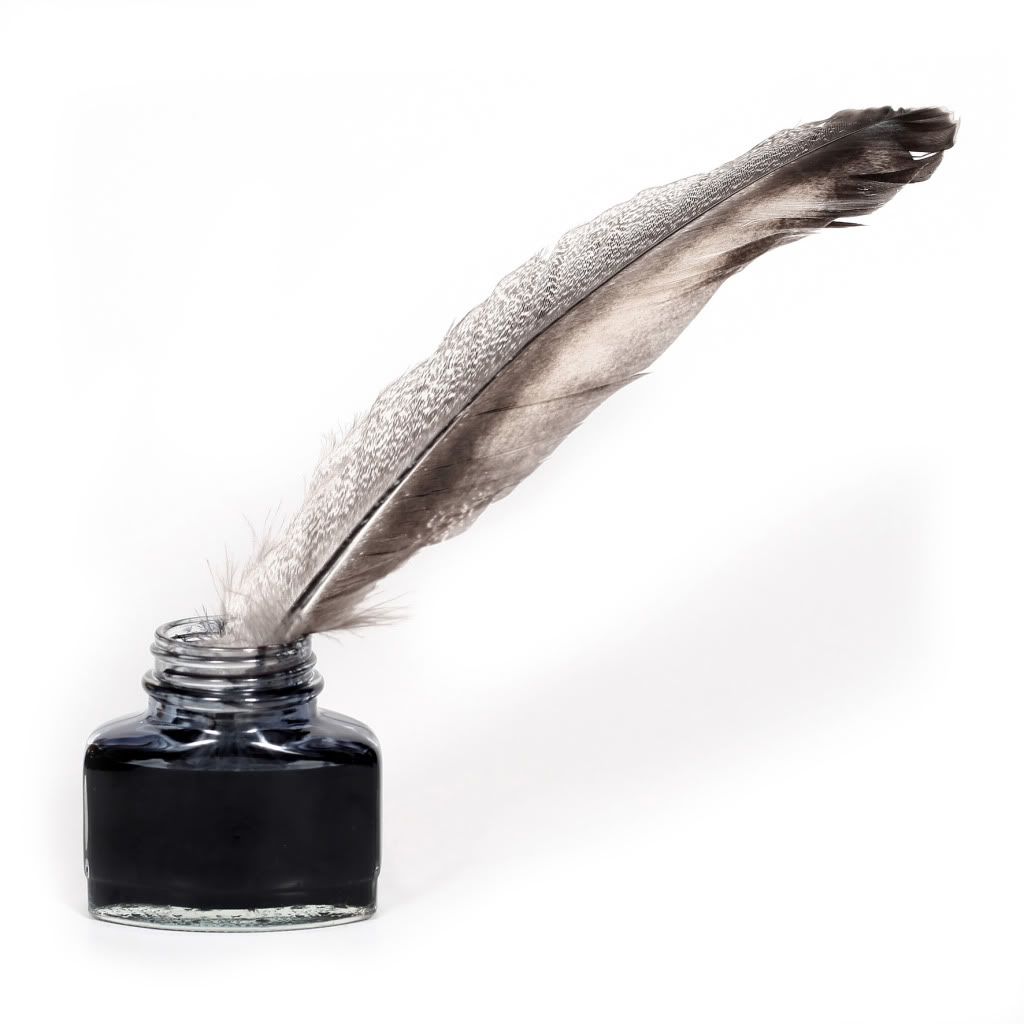How did the famous saying “the pen is mightier than the sword” came about? Have you used it in writing an essay or report? Opisina.com.ph found out several notable things about the saying. Read on.

Richelieu: Or, The Conspiracy
Often used in a political context, “the pen is mightier than the sword” is a popular saying coined by British playwright Edward Bulwer-Lytton in 1839 through his play Richelieu: Or, the Conspiracy. The play was based on some events in the life of French clergyman Cardinal Richelieu, who was King Louis XVIII’s advisor and chief minister although Lytton maintains that the play was entirely fictional despite being “indulged unsparingly.” Richelieu was also present in another work of literature—Alexander Dumas’s Three Musketeers, in which he was portrayed as a scheming, powerful ruler.
Anyway, it is in Act II, Scene II of the play and the Cardinal’s speech where the saying was taken from:
“True, This! —
Beneath the rule of men entirely great,
The pen is mightier than the sword. Behold
The arch-enchanters wand! — itself a nothing! —
But taking sorcery from the master-hand
To paralyse the Cæsars, and to strike
The loud earth breathless! — Take away the sword —
States can be saved without it!”
Literary critics and writers during that time predicted that the line would have become the common saying it is today. Indeed, within only two decades, the saying decorated the Library of Congress’s Thomas Jefferson Building when it was inaugurated in 1897.
Other Supposed Origins Of The Saying
According to historians, there are a number of earlier versions of the phrase. Here are just some of them:
1. Euripides
The Greek playwright Euripides was said to be the first to write about the saying. “The tongue is mightier than the blade.”
2. Christianity
Another precursor to the saying can also be found in the Bible. In verse 4:12 of the Epistles to the Hebrews, it is stated that: "Indeed, the word of God is living and effective, sharper than any two-edged sword, penetrating even between soul and spirit, joints and marrow, and able to discern reflections and thoughts of the heart."
3. Islam
The holy prophet Muhammad once said to his followers: “The ink of the scholar is holier than the blood of the martyr.”
4. Shakespeare
In 1600, William Shakespeare wrote in Act 2, Scene II of his play Hamlet: "... many wearing rapiers are afraid of goosequills.
5. Thomas Jefferson
Thomas Jefferson ended his letter to Thomas Paine with a passage similar to the saying: "Go on then in doing with your pen what in other times was done with the sword: shew that reformation is more practicable by operating on the mind than on the body of man, and be assured that it has not a more sincere votary nor you a more ardent well-wisher than yours.
6. Napoleon Bonaparte
The small but terrible French emperor, Napoleon Bonaparte (1769-1821), who was known for his cruelty to his enemies and impressive military tactics, once remarked: “Four hostile newspapers are more to be feared than a thousand bayonets.”
Enjoyed this post? Don't forget to check out our previous article, Who Invented the Ballpoint Pen?.
Explore our pen products today:




